CONSERVATION
CAPTURE
Dividends of South Africa’s biggest land claim settlement are benefiting less than a third of intended recipients. What does this mean for ecotourism on community land bordering the Kruger National Park?
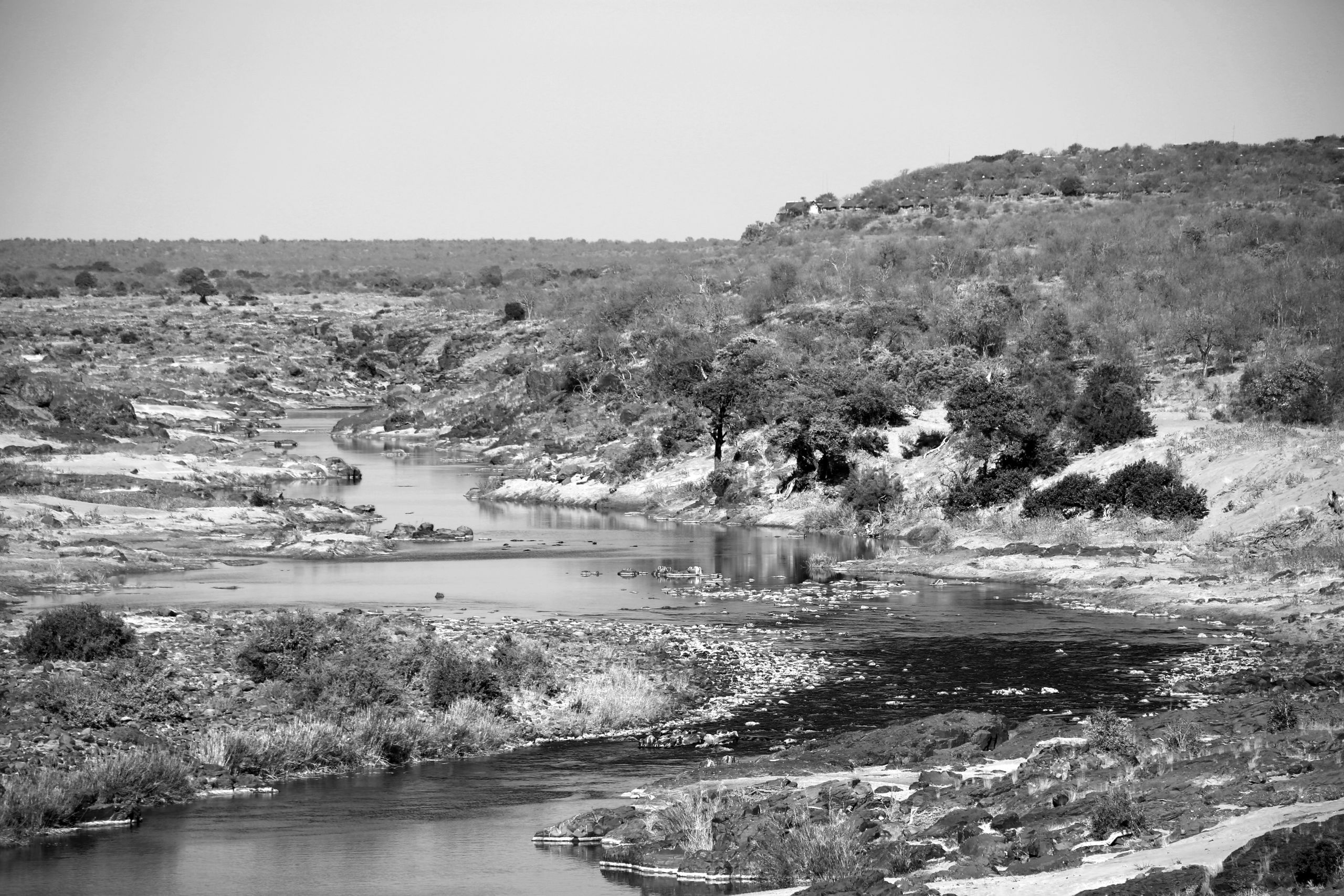
Details of the land claim settlement for MalaMala, one of South Africa’s most exclusive and expensive game reserves, are unlikely ever to be made public after a deal was reached outside of court proceedings in 2013. The settlement was the largest in the country’s history, and saw the government pay R1,1-billion – almost R300-million more than the asking price – to the private owners of the reserve.
MalaMala Game Reserve
MalaMala Game Reserve
A total of 960 claimants who had been removed from the land to make way for the reserve were listed as beneficiaries of the deal. The claimants opted not to resettle on the land, situated on the western border of the world-famous Kruger National Park, but chose instead to enter a partnership with MalaMala’s ecotourism business and to benefit from jobs, profit sharing and rentals.
MalaMala has since paid millions of rands into community accounts as a result of the deal. However, only an “elite” group of 250 people are benefiting from these payments, and among those who have still not received a cent are many who have died and about 500 elderly people who are surviving on government pensions.
Angry community members secured a High Court judgment against the N’wandlamarhi community property association (CPA), the vehicle set up to manage the funds. They allege the association has been “captured” by the former treasurer, Derick Mthabine, and his family in collusion with politically connected government officials.
“They are running the CPA like their own spaza shop”
“They are running the CPA like their own spaza shop,” said Zamani Mathebula, a beneficiary who was kicked out of the CPA after he began questioning the way it was being managed.
Seventy-five beneficiaries are part of a group called the “Mavuraka” who are being excluded even though they were part of the original list. Mavuraka is the name of an historic village on MalaMala reserve where these people lived before they were evicted.
“When MalaMala started paying monthly into the account of the CPA, a few individuals became greedy and devised means to oust the officially elected CPA executive committee and replace it with an ‘interim committee’ elected in secret. To our surprise, this was endorsed by the provincial Department of Land Affairs and Rural Development and ‘our’ CPA lawyer,” said Richard Ngomane, a community elder who holds a doctorate in leadership from the University of Pretoria.
Because of the disputes, the Land Claims Commission called for a second beneficiary verification process in 2016 but it failed. The CPA executive committee resigned, leaving only an interim committee to manage community affairs. Government officials warned this committee that it was mandated only to oversee the verification process, yet it has been approving dividend payments and use of the CPA revenue for unreported transactions since 2016.
THE BENEFICIARIES
Ngomane, Mathebula and other claimants who have been evicted from the CPA have written to all levels of the Department of Rural Development and Land Reform, and to President Cyril Ramaphosa. A land affairs portfolio committee was sent to investigate and presented feedback to Parliament in 2018, and in February 2019 before two deputy ministers.
Last year this disgruntled group also took the CPA and the department to court. In May Pretoria High Court Judge NV Khumalo ruled that the CPA must be subjected to forensic investigation, all financials of the MalaMala deal must be made public, the beneficiary list must be properly verified, and the interim committee should be replaced via an elective annual general meeting within 60 days of the judgment.
Six months later, nothing had been done. Oxpeckers sought comment from the department’s deputy communications director in Mpumalanga, Zithini Dlamini, and acting director-general Rendani Sadiki regarding what they had done to support the judge’s orders. There was no response. Oxpeckers also sent a written request to the judiciary asking if action would be taken for contempt of court. Thus far, no response has been received.
Pastor Solly Mhaule, a community elder, believes the Public Protector needs to investigate the workings of the CPA in order to find out who is blocking the spread of benefits to the wider group intended by the land claim.
Before 2002, when communities lodged claims on 21 farms in Sabi Sand game reserve, of which MalaMala is a part, the department decided to make the claims more streamlined and winnable. Instead of dealing with multiple landowners in the Sabi Sand game reserve, the department decided to go after the nine farms belonging to one landowner – Michael Rattray of MalaMala.
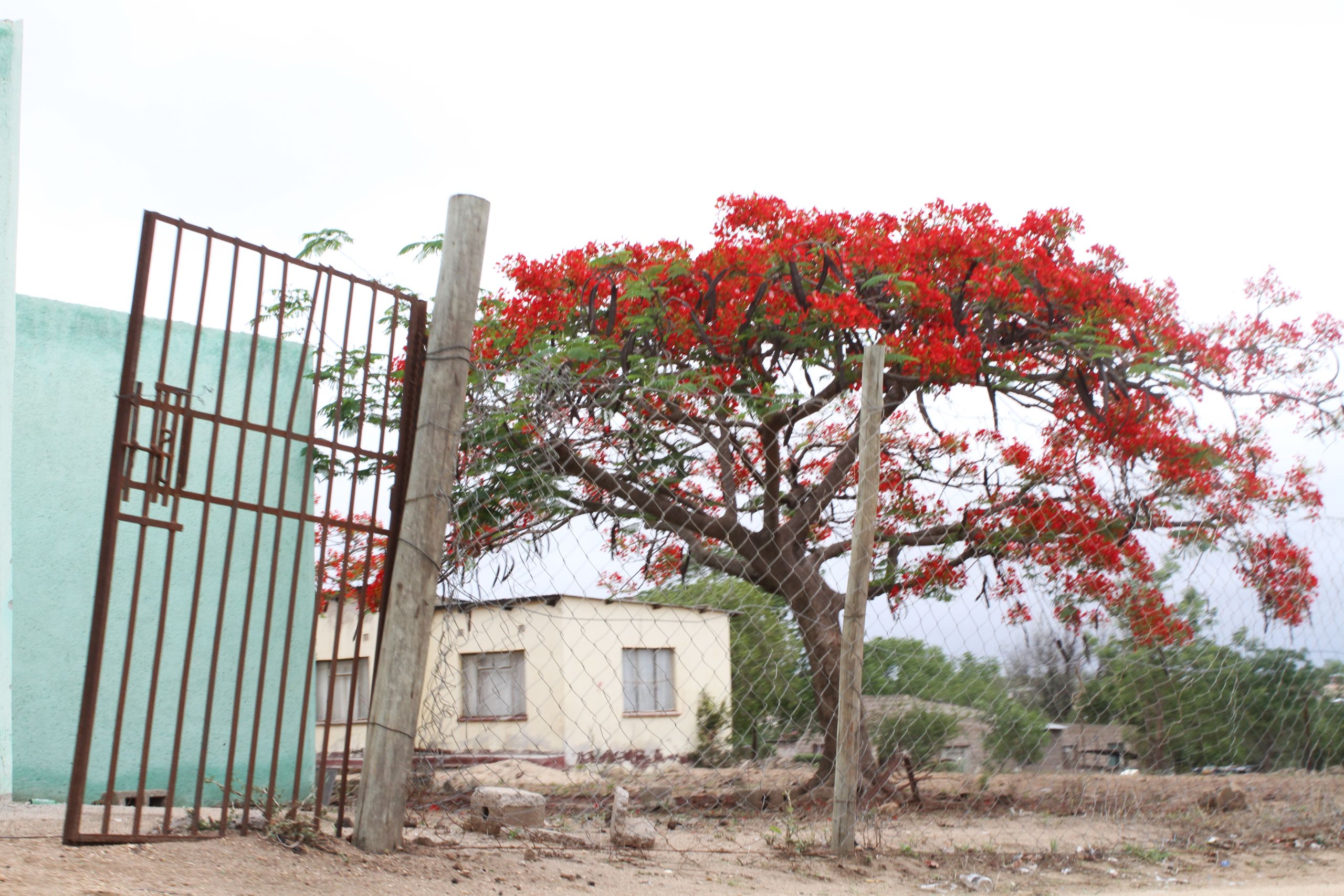
Village life in Bushbuckridge
Village life in Bushbuckridge
Originally the Mavuraka were included among the 960 listed beneficiaries. Research into who was entitled to claim the land showed that, when private landowners moved on to the farms in the 1940s, the claimants were turned into tenant labourers.
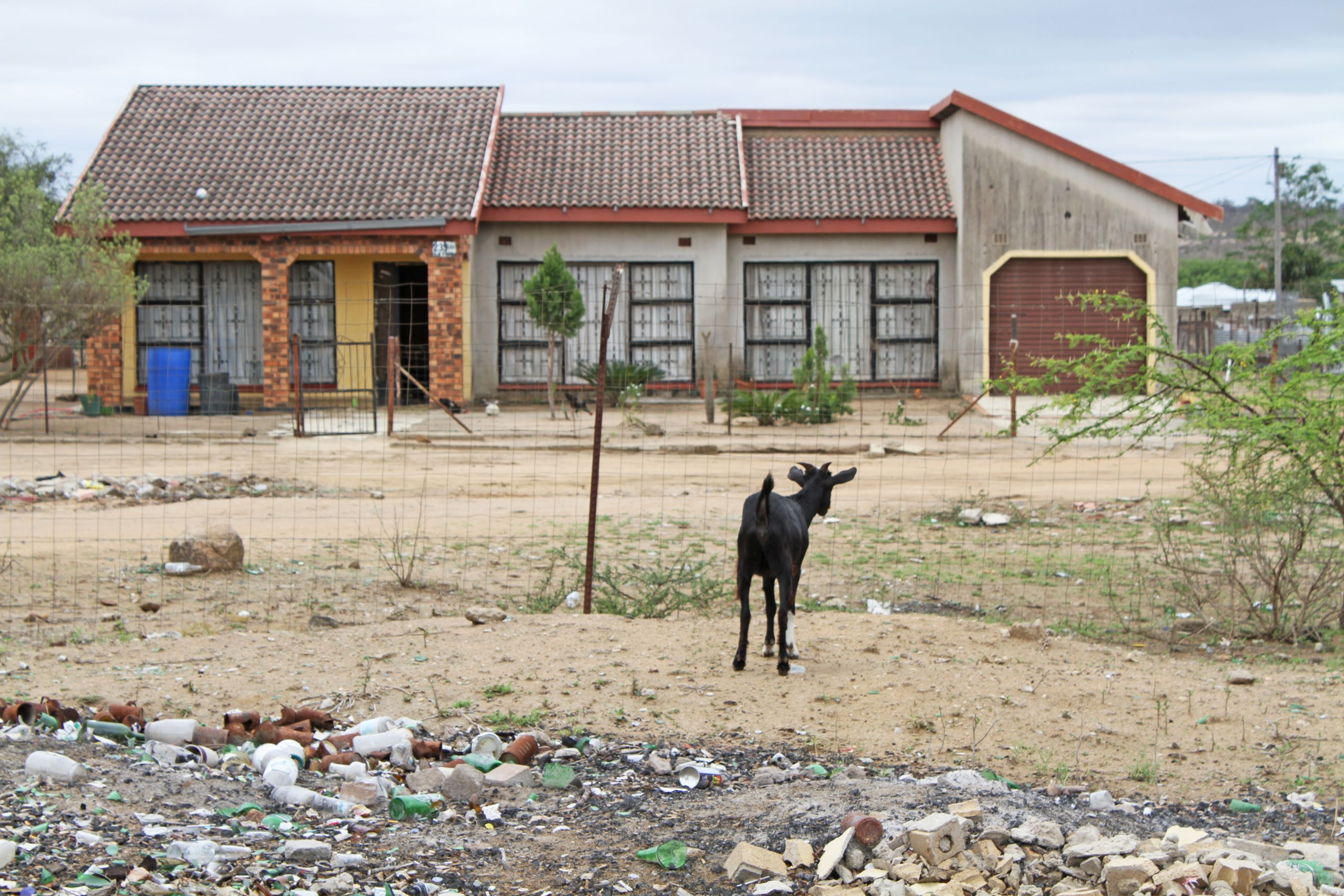
One man, one goat and no MalaMala benefits
One man, one goat and no MalaMala benefits
“Our research team argued very specifically in the original land claim that the group of claimants was not a true community,” said emeritus history Professor Peter Delius of the University of Witwatersrand. The claimants were organised into households with some settlements overlapping farm boundaries.
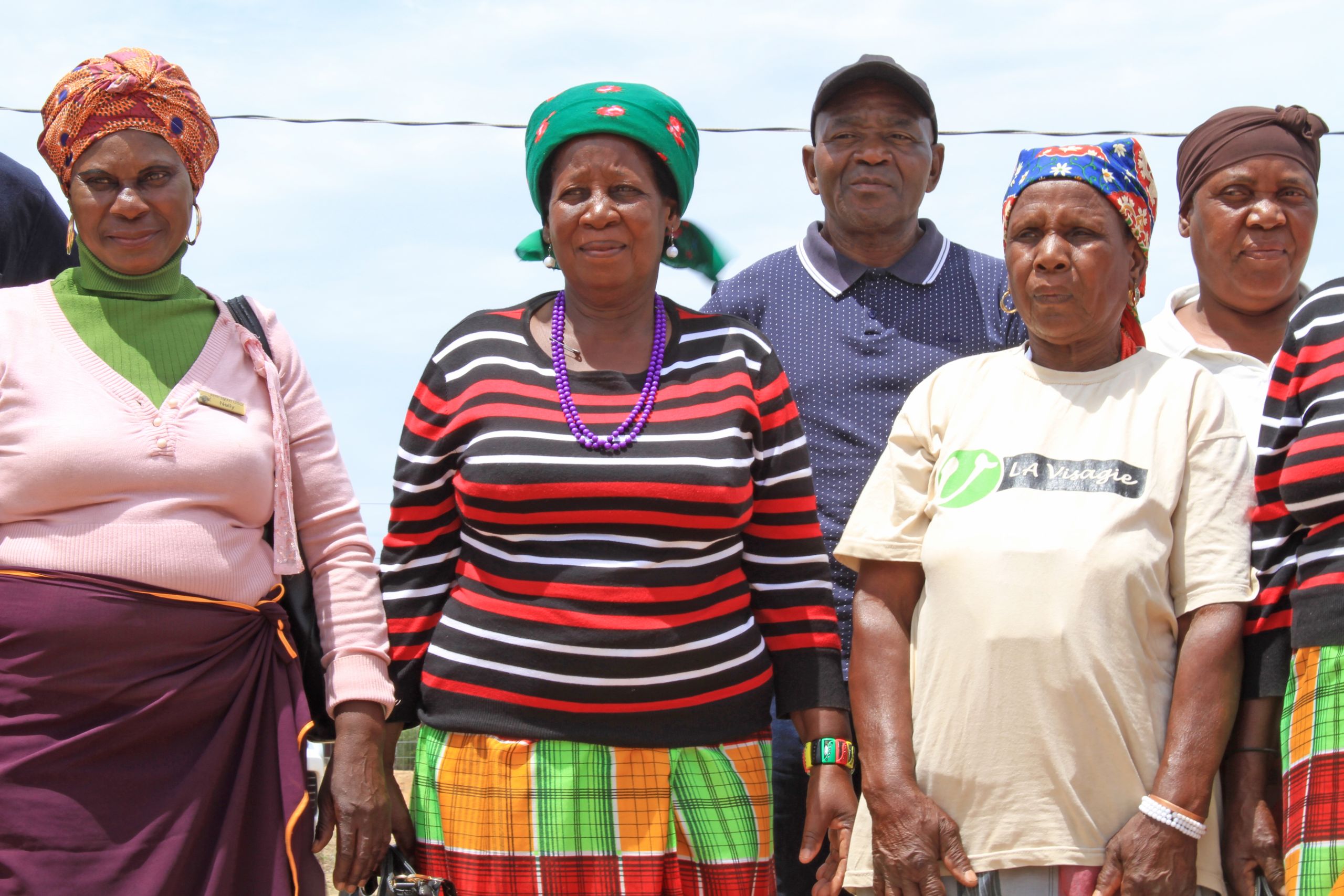
At least 53% of households in Bushbuckridge are headed by women
At least 53% of households in Bushbuckridge are headed by women
Under apartheid laws, the claimants were pushed off the farms from the 1950s on, and they settled in the 11 villages in the surrounding Bushbuckridge district. Today some 550,000 people live in the area, which is characterised by high unemployment (80%) and female-headed households (53%).
In terms of the MalaMala deal, the CPA is now a 30% shareholder of a company called Mondzo (Pty) Ltd that owns MalaMala Game Reserve (Pty) Ltd and is represented on its board. Ratters (Pty) Ltd, a company whose shareholding is unclear, currently holds 70% of the shares, and over the next 11 years the shareholdings will change until each party holds 50% of Mondzo.
PROJECTED SHARES OF MALAMALA GAME RESERVE (PTY) LTD
The MalaMala website describes the “new” MalaMala Game Reserve (Pty) Ltd as a private-public partnership between Michael Rattray, founder and previous owner of the reserve, Stephen Saad, owner of the neighbouring Kirkman’s Kamp, and members of the N’wandlamhari Communal Property Association (CPA).
Dividends of the deal have benefited the elite 250 beneficiaries over the past six years. Their presentation to Parliament’s portfolio committee shows that from 2014 to 2017 the CPA earned R36-million in rentals, R5,5-million in community tourism levies, and 15 members were enrolled in training. A further R40-million dividend was earned in 2018.
The CPA’s lawyer, Louise du Plessis, was appointed by the original claimants to represent all the original 960 beneficiaries listed. Du Plessis told Oxpeckers the beneficiaries who are not receiving dividends, including the Mavuraka, should be compensated from land claims on the rest of the Sabi Sands farms.
“We think it was a mistake to settle all claims using the MalaMala claim”
“There are claims on other farms. Yet we [the group of 250 beneficiaries that receive benefits] must now accept other people foisted on us by the Land Claims Commissioner.
“The current committee members are good people, yet they are under attack. My clients are extremely unhappy.”
Oxpeckers approached previous CPA treasurer Derick Mthabine, his younger brother Johan Mthabine who is the current chair, and its current treasurer, Silvia Tonga, for interviews. All declined.
In the Bushbuckridge villages 40% of residents are youth, and at least 87% of them are unemployed, according to official statistics. One of the biggest earners and employers in the area is ecotourism, with the world-famous Kruger National Park and private game lodges profiting from the conservation of otherwise arid land.
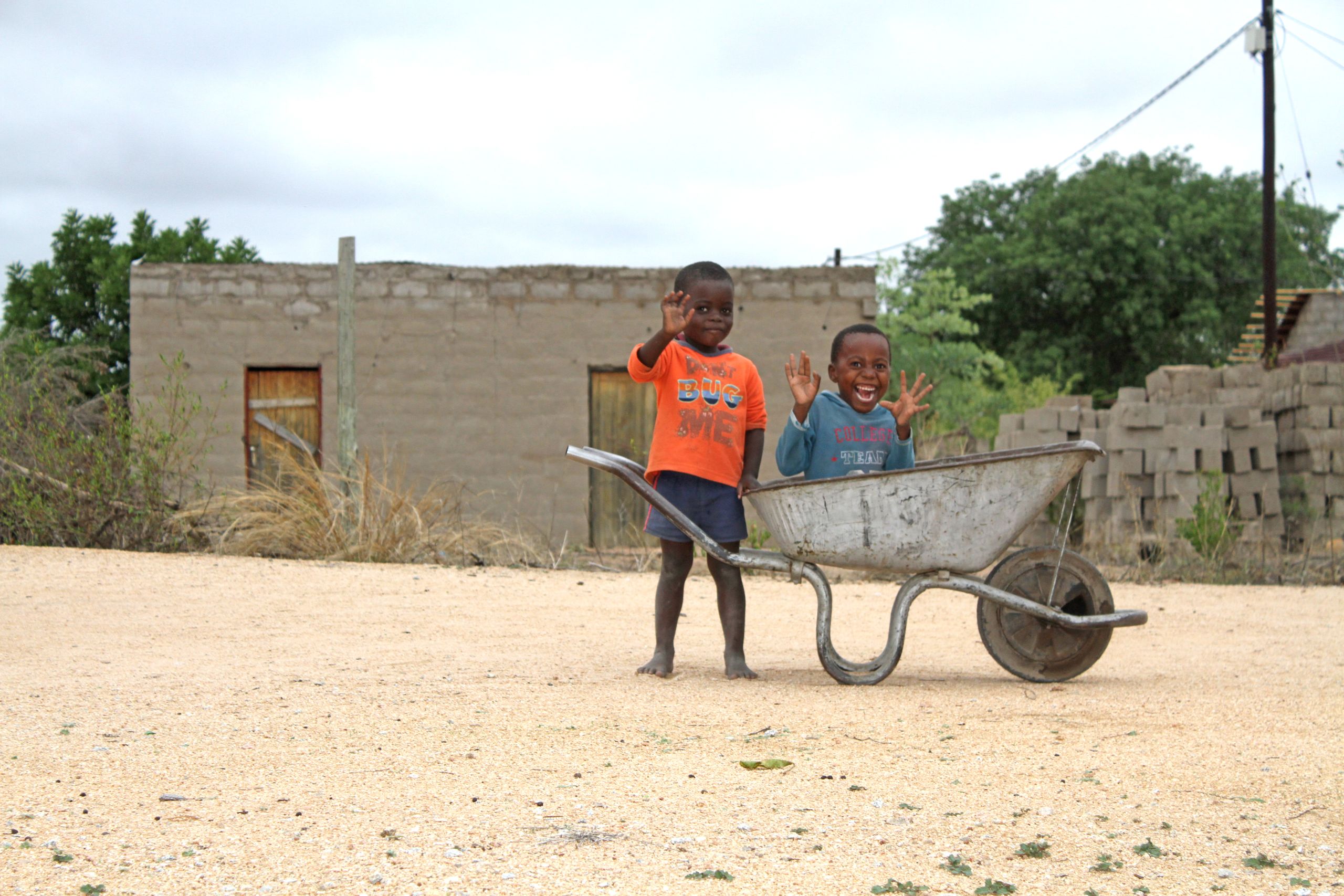
Is high youth unemployment the future for these toddlers?
Is high youth unemployment the future for these toddlers?
Mathebula, for instance, runs a community-based refuse removal project for the big lodges as well as tourism expeditions into the community villages. “I am seeking a win-win solution with the game lodges,” he said.
“ I am seeking a win-win solution with the game lodges”
Large areas of the Kruger National Park are also under claim. According to South African National Parks, in 2018 there were still 15 land claims registered against the park – out of a total of 40 lodged by 1998. In 2016 two land claims comprising 116 households received R12.8-million as a once-off settlement from the government.
LAND CLAIMS SETTLED AND FINALISED NATIONALLY
Delius, who worked on verifying the original MalaMala claims, said land claims in the area are based on identifying historical claimants and need to be properly researched.
“MalaMala is a mess,” he said. “To settle this claim out of court was mad. The worst possible outcome is to favour one group over the other claimants.”
“MalaMala is a critical example of ‘state capture’”
Different families had claims to different farms in the Sabi Sand area, he said, and the government decided to sort it out by putting everyone together in one claim so that large payments could be split across a large group of claimants. “The matter needs to go back to court, and the funds should be frozen until then.
“MalaMala is a critical example of ‘state capture’,” Delius said. “There should be no political interference in land claims. The MalaMala restitution should be stopped in its tracks and sent back to the Land Claims Court.





